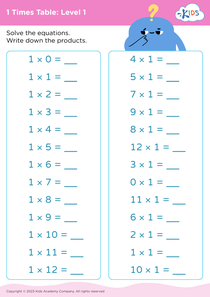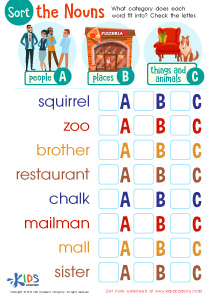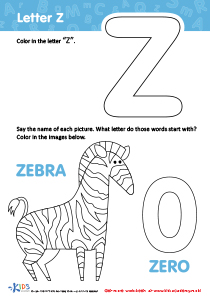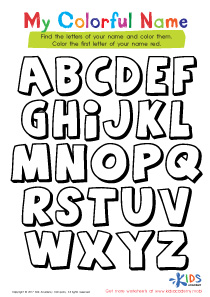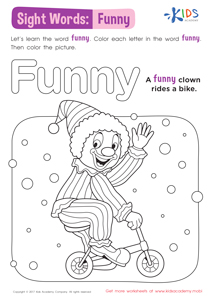Writing practice Easy Grade 3 ABC Letters Worksheets
3 filtered results
-
From - To
Enhance your third grader's writing skills with our engaging ABC Letters worksheets, designed specifically for easy grade 3 practice. These worksheets provide a fun-filled way for young learners to master uppercase and lowercase letters, fostering both fine motor skills and letter formation. With a variety of exercises, including tracing, fill-in-the-blank activities, and creative writing prompts, students will build their confidence while learning the essentials of writing. Our user-friendly worksheets are perfect for classroom use or at-home learning, ensuring your child enjoys the process of becoming a proficient writer. Empower your child's literacy journey today with our comprehensive writing practice resources!
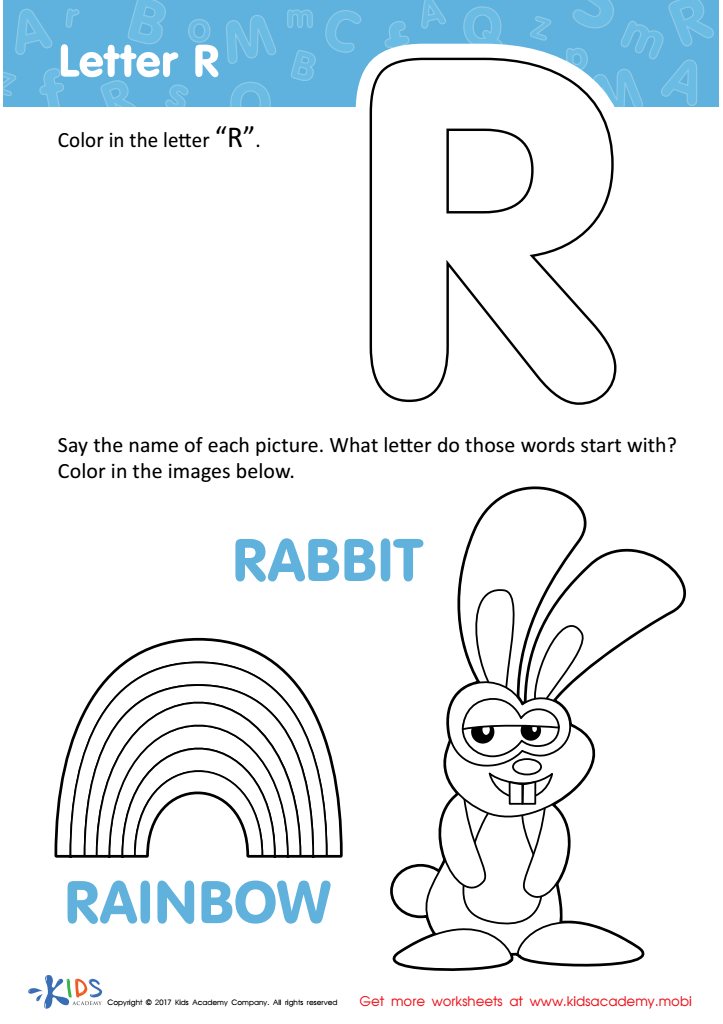

Letter R Coloring Sheet
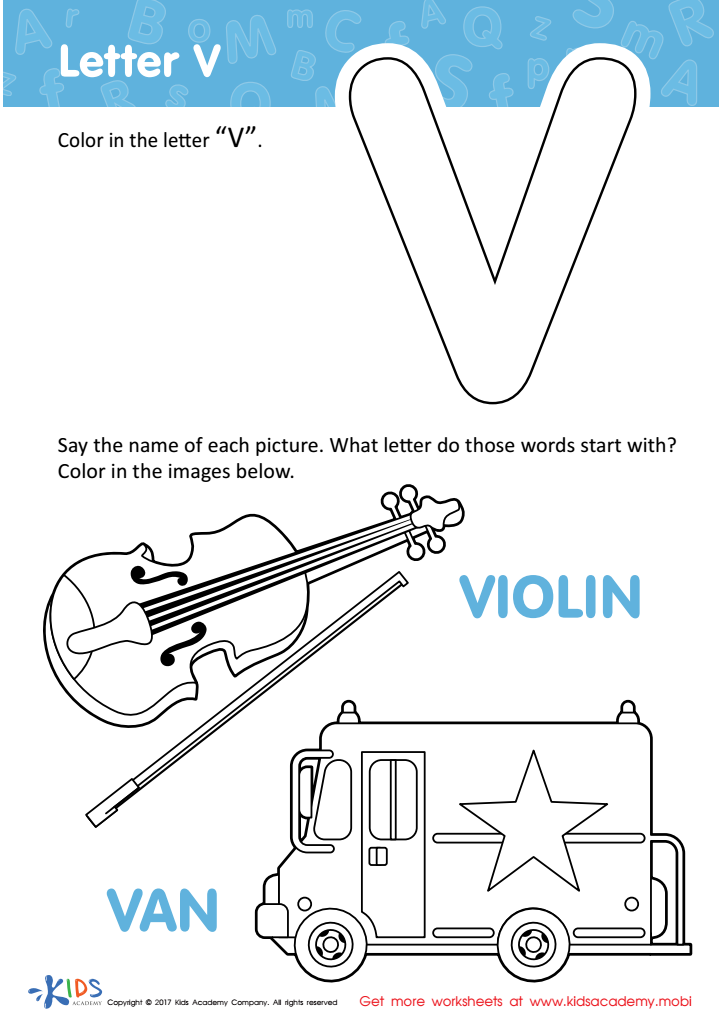

Letter V Coloring Sheet
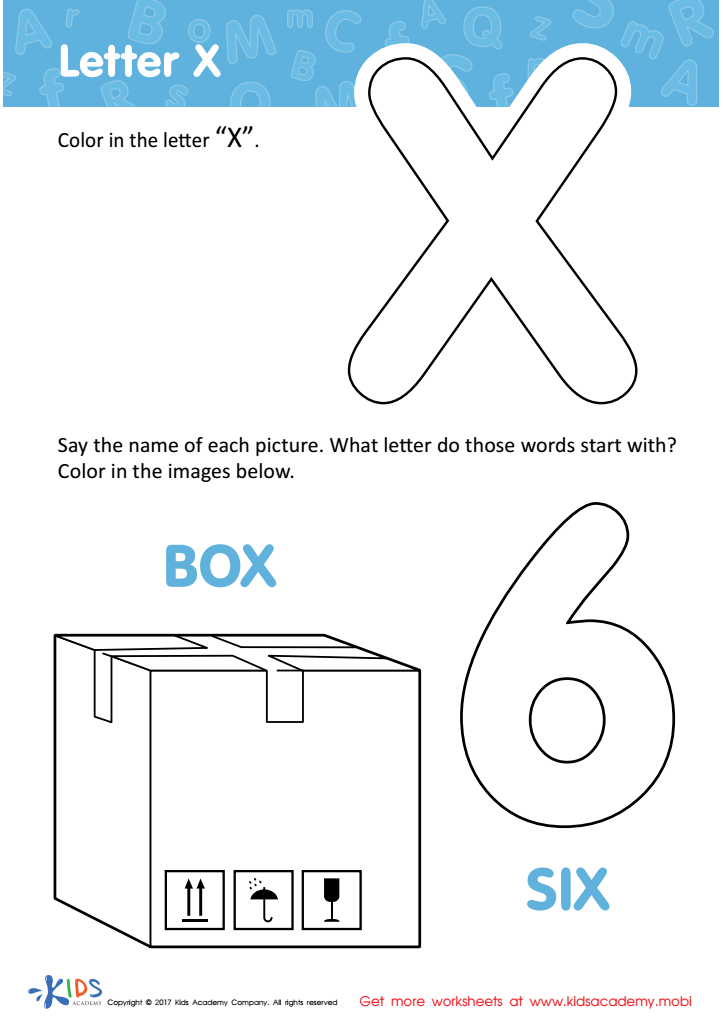

Letter X Coloring Sheet
Writing practice for Grade 3 ABC letters is essential for several key reasons that benefit both students and educators. First and foremost, mastering the basics of letter formation is foundational for young learners. At this stage, children are transitioning from learning letters to forming words and complete sentences, making it crucial for them to develop strong writing skills early on.
Additionally, consistent writing practice helps to improve fine motor skills and hand-eye coordination, which are vital for other academic activities as well. It's not just about writing letters; it's about building the confidence to express thoughts and ideas clearly. Enhanced writing skills contribute to better communication, encouraging children to articulate their opinions, share stories, and participate in classroom discussions.
From a teaching perspective, nurturing writing capabilities helps to create a more engaging and interactive classroom environment. Students feel empowered as their writing skills grow, leading to increased participation and enthusiasm for learning.
Moreover, investing time in writing practice can pave the way for future academic success, as proficient writers tend to perform better across various subjects. Therefore, both parents and teachers should prioritize writing exercises to foster a love for learning and ensure that students develop essential skills for their educational journey.
 Assign to My Students
Assign to My Students




